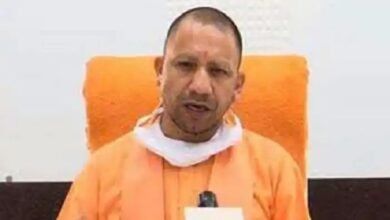[ad_1]

Justice K. Babu directed the the Ernakulam District and Sessions Court to complete the inquiry in one month.
| Photo Credit: H. VIBHU
The Kerala High Court on December 7 (Thursday) directed the Ernakulam District and Sessions Judge to conduct a fact-finding inquiry into the allegation that the memory card containing videos in the actor sexual assault case involving actor Dileep had been accessed unauthorisedly and its contents were copied and transmitted.
Justice K. Babu directed the sessions court to complete the inquiry in one month. The court also made it clear that the sessions judge can seek the assistance of any agency, including the police, to conduct the inquiry.
The court also said that if any offence is discovered during the inquiry, the sessions judge shall proceed as per provisions under the Code of Criminal Procedure.
The court passed the order while disposing of a petition filed by the survivor seeking an investigation by the police into the alleged illegal access to the memory card while in the custody of the principal sessions court and additional sessions court.
Vital evidence
According to her, the memory card which contained the videos of the alleged sexual assault was a vital piece of evidence. It had been established by the forensic science laboratory report that the hash value of the memory card had been changed because of the illegal access while in the custody of the courts.
The memory card had been accessed thrice. In fact, there was prima facie material to make out a cognizable offence. Therefore, a case should be registered and an investigation conducted to bring to book those who had accessed it. If somebody had illegally accessed the videos, taken out and viewed them, the fundamental right of the petitioner to privacy had been violated. The court should protect the petitioners’ fundamental right to privacy and take the strictest action against those who had accessed it. The faith of citizens in the judicial administration would be affected if sexually explicit videos were taken out while in the custody of the court, the petitioner said.
The petitioner submitted that no one should be allowed to unauthorisedly access any document in the custody of the court. It was more so in the case of “sealed videos” on sexual assault of the petitioner. The petitioner was very distressed over the incident. Normally, the police would have registered a case. But the police were unable to register a case because the unauthorised access took place when it was in the custody of the court.



